Uneven concrete is a common problem faced by homeowners in Texas. Whether it’s caused by soil compaction, poor drainage, or shifting ground, uneven concrete can pose a serious risk to your family’s safety and cause damage to your property. In this blog post, we’ll explore the top causes of uneven concrete in Texas and provide practical tips on how homeowners can prevent or fix the problem.
- Soil compaction: When soil is compacted, it can cause the ground to shift and settle, leading to uneven concrete. This is a common issue in Texas, where the soil is often dense and heavy. To prevent soil compaction, homeowners should avoid heavy machinery and foot traffic on their property and consider investing in soil stabilization products.
- Poor drainage: In areas with heavy rainfall, poor drainage can cause water to collect under concrete surfaces, leading to erosion and settling. To prevent this issue, homeowners should ensure that their property is properly graded and that their drainage systems are functioning correctly.
- Shifting ground: Texas is prone to ground shifting due to its unique geological makeup. This can cause concrete surfaces to sink or settle, leading to unevenness. To prevent this issue, homeowners should consider investing in foundation repair services and soil stabilization products.
If you’re experiencing uneven concrete on your property, don’t wait until it’s too late to fix the problem. At FoamWorks, we specialize in concrete raising services that can lift and level your concrete surfaces, preventing further damage and improving your home’s safety and curb appeal. Contact us today to schedule a consultation and learn more about how we can help you protect your home from the effects of uneven concrete.

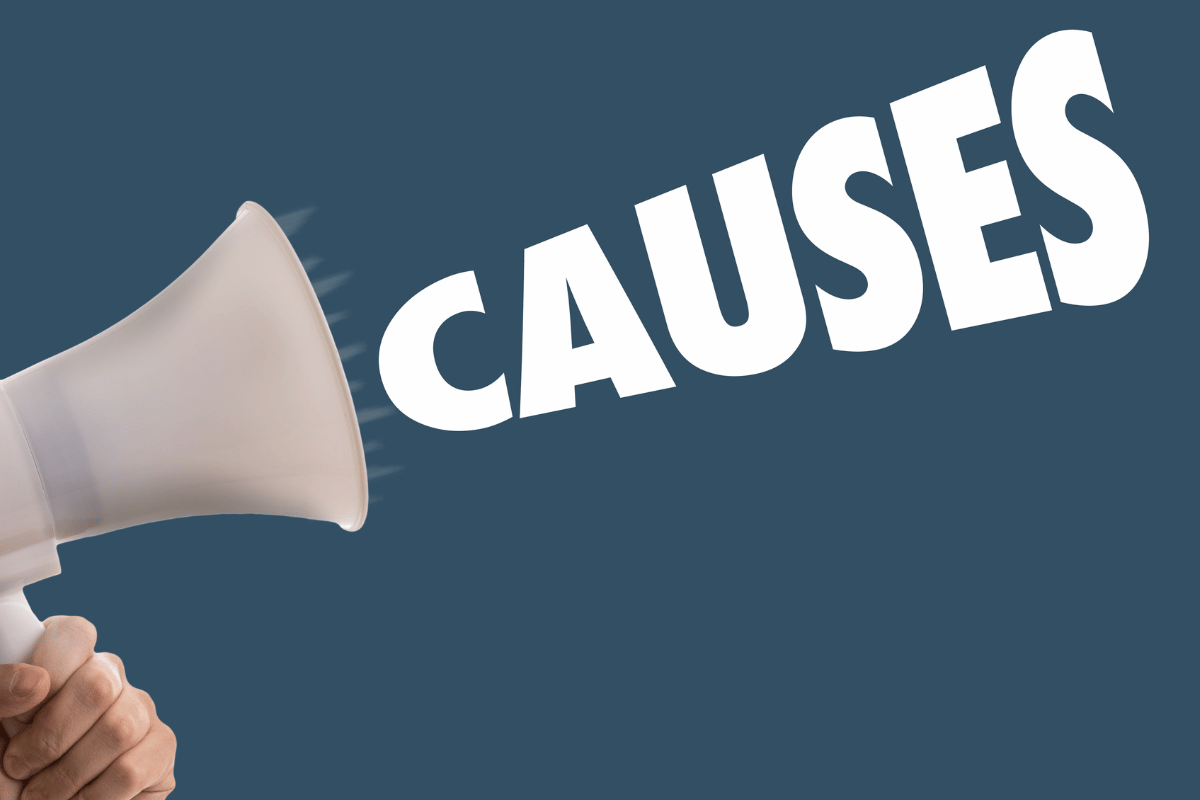

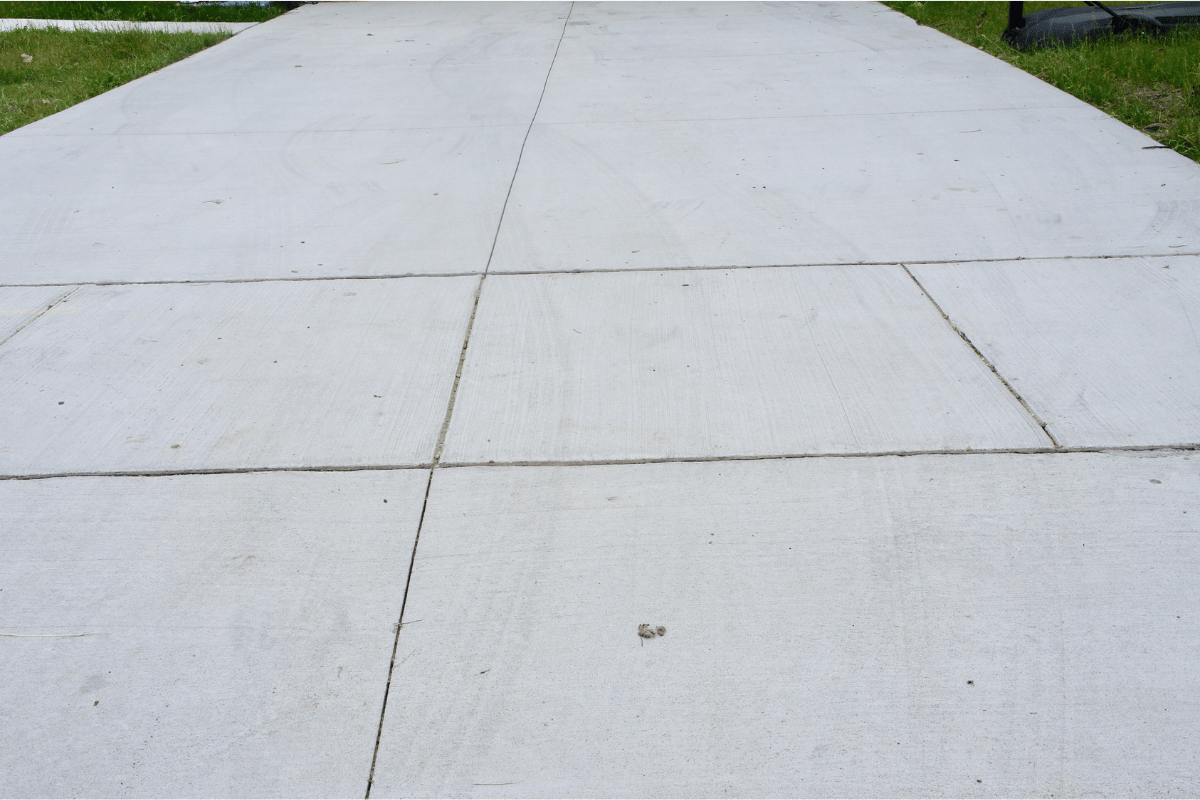
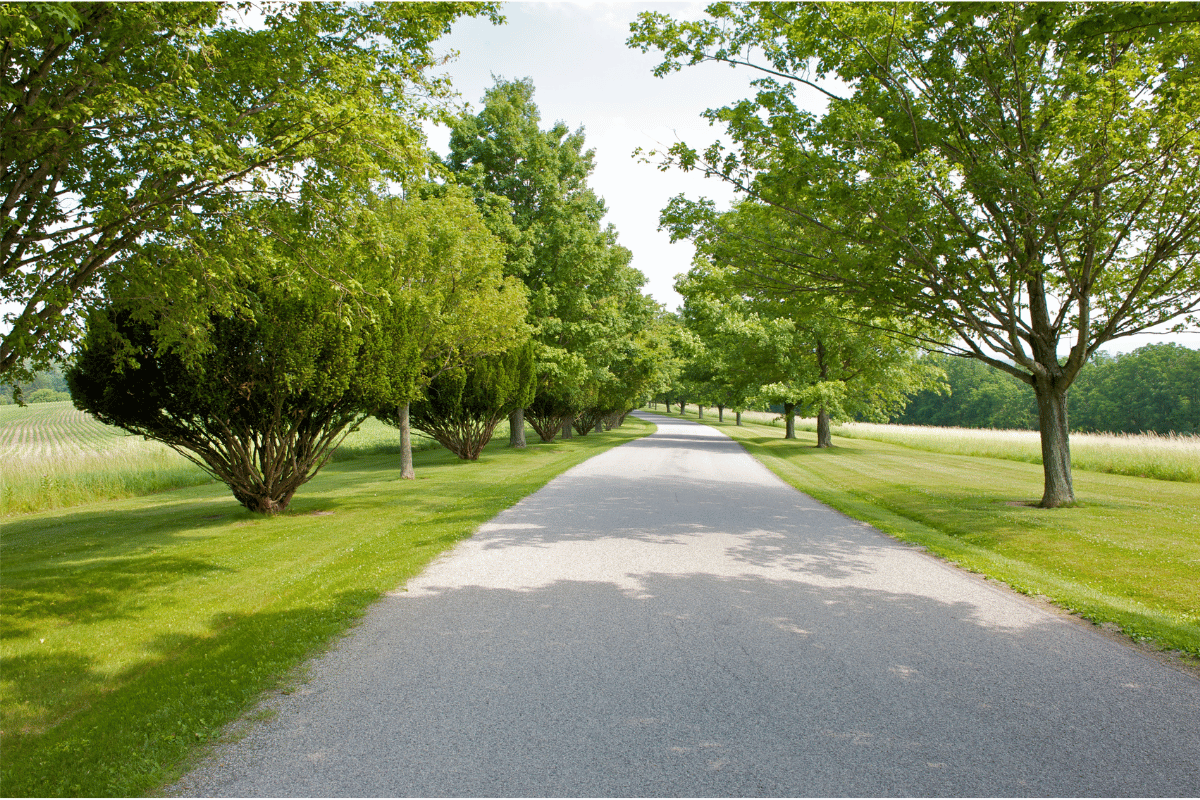
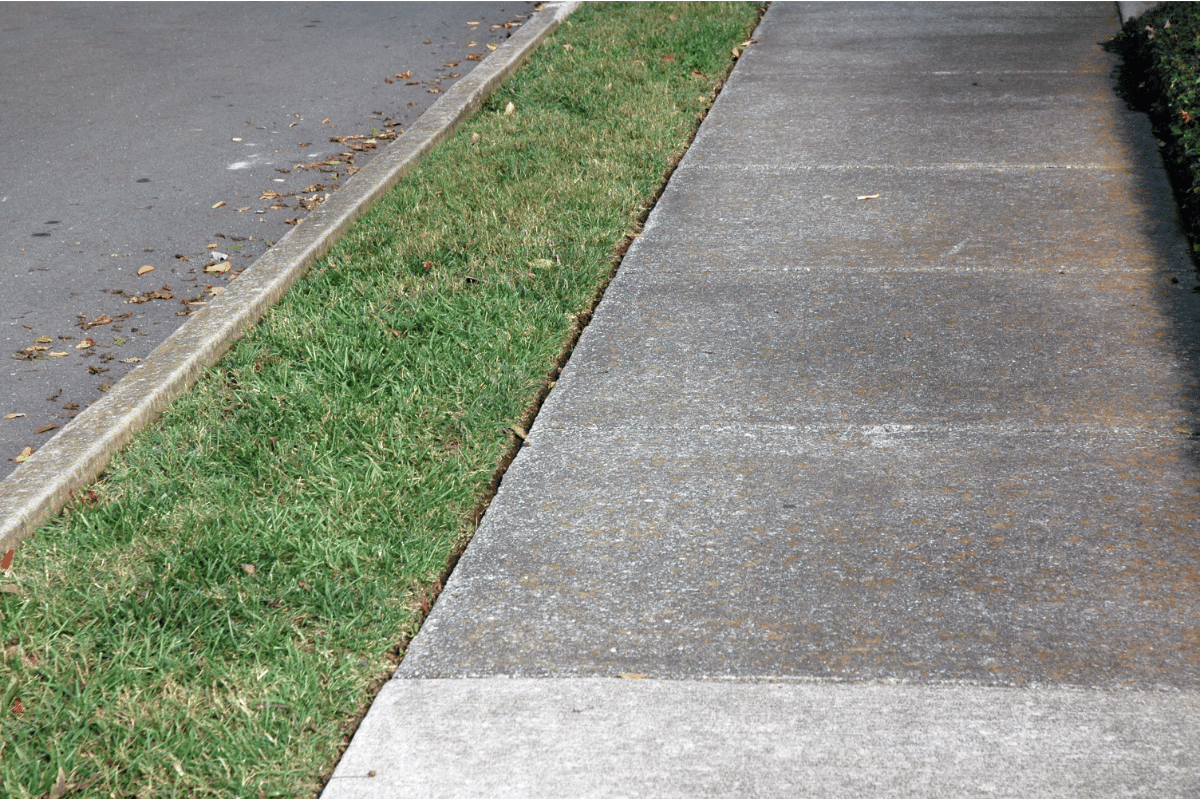
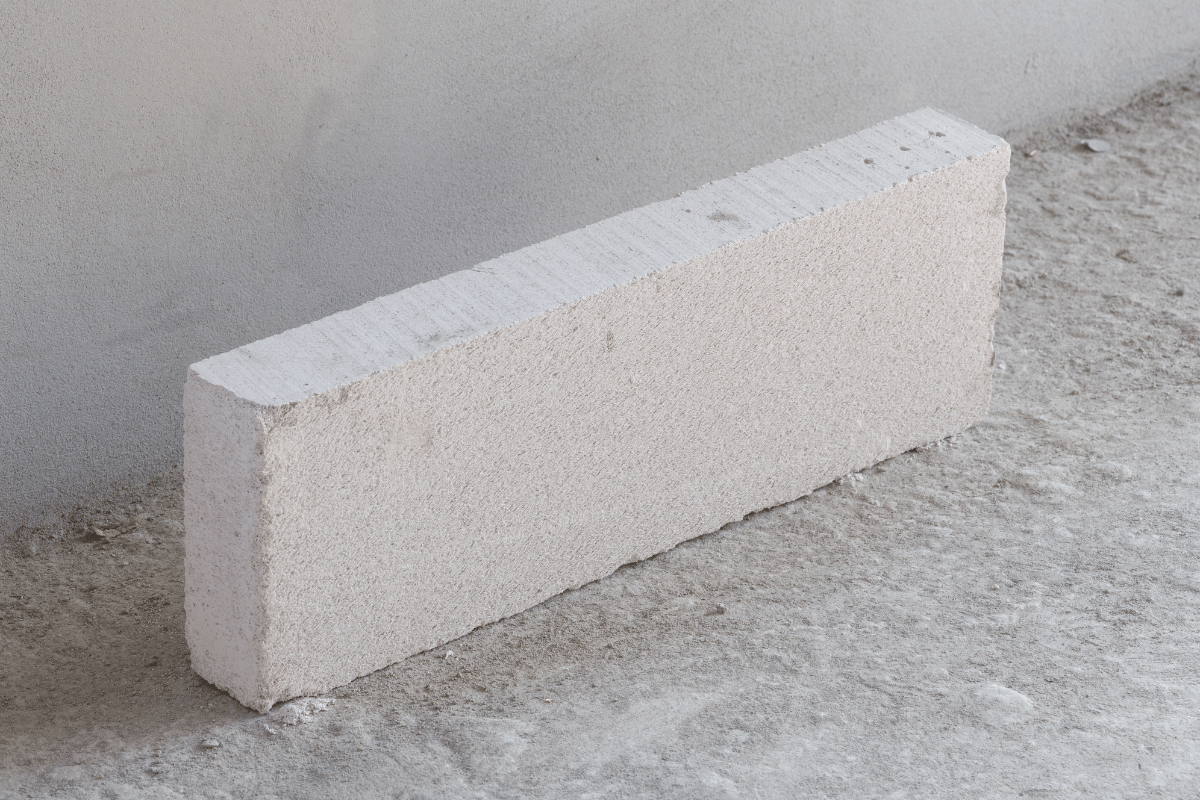
Recent Comments